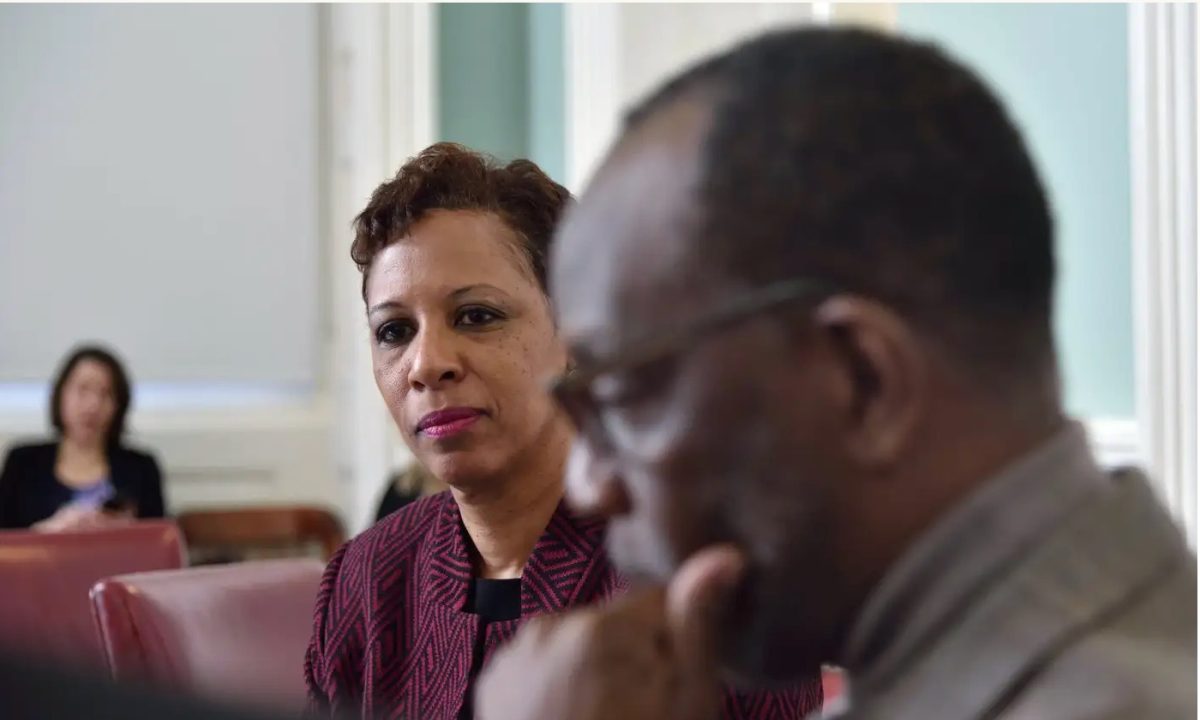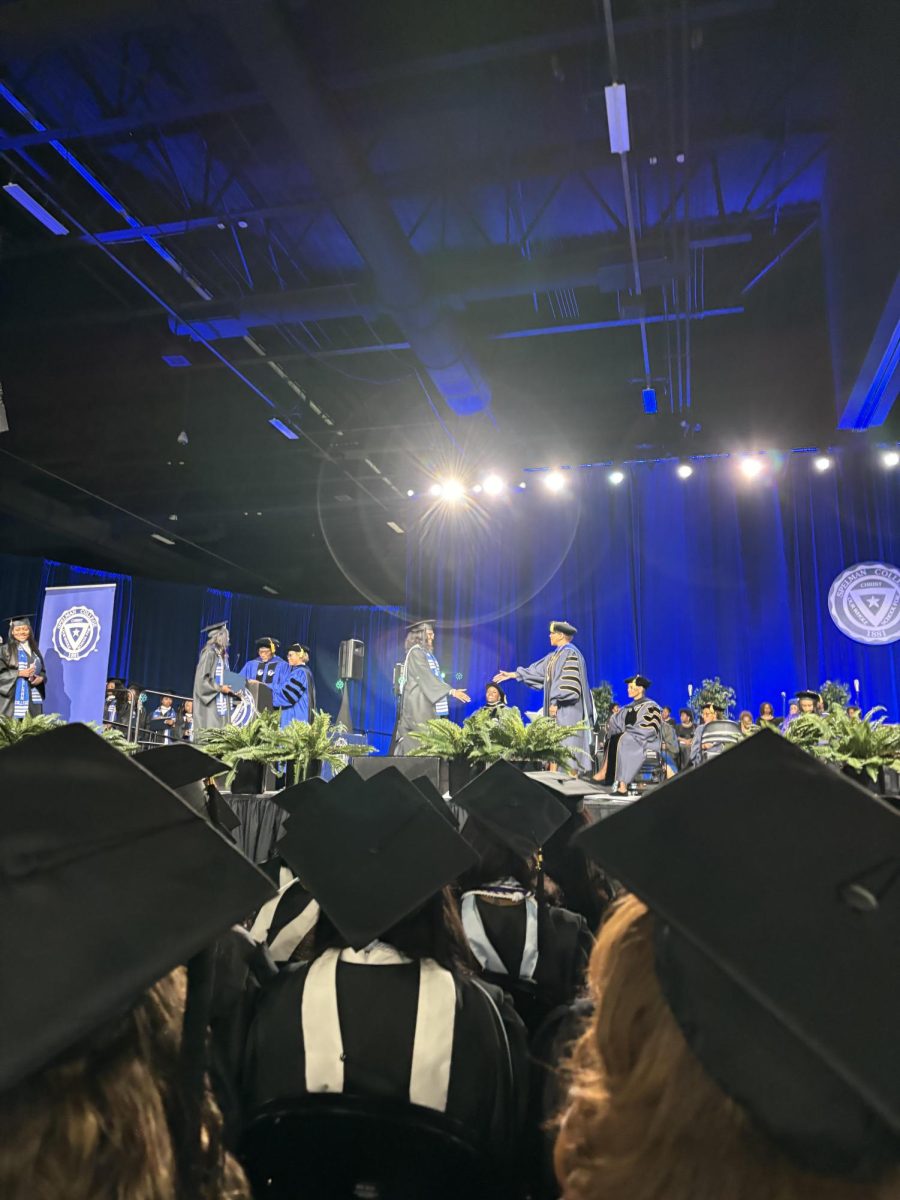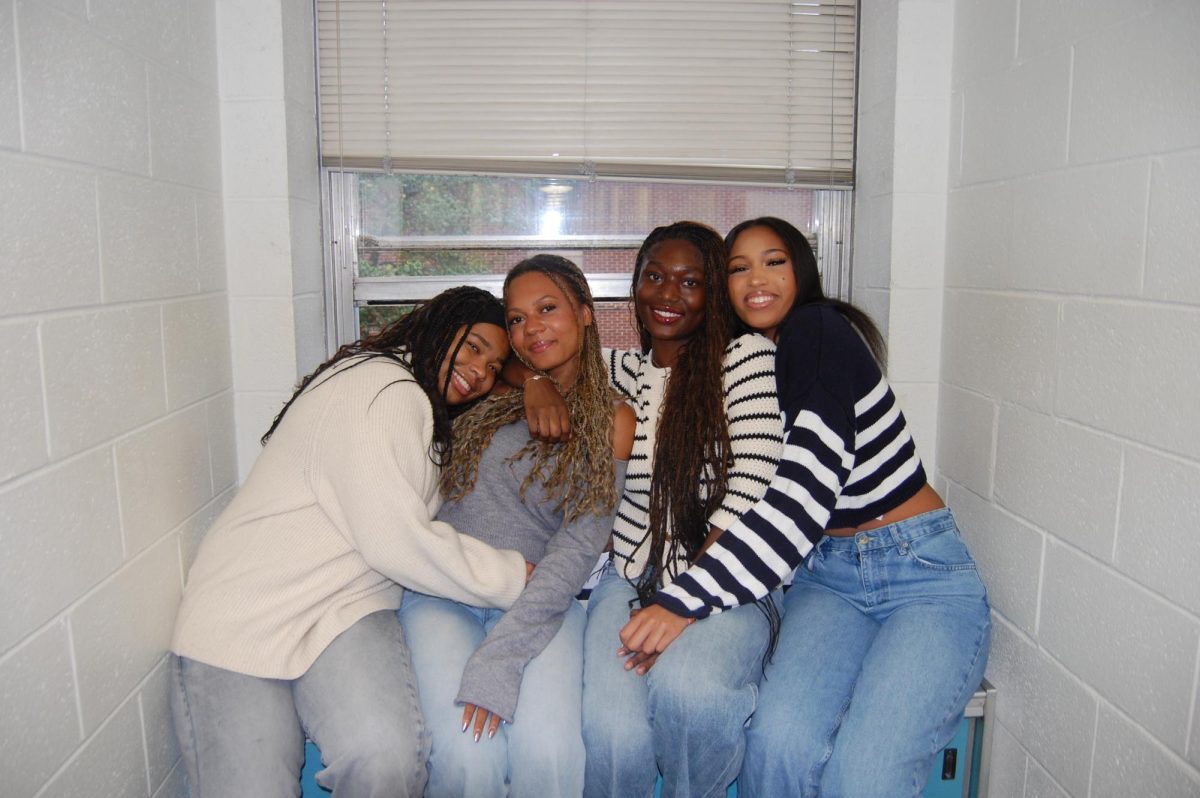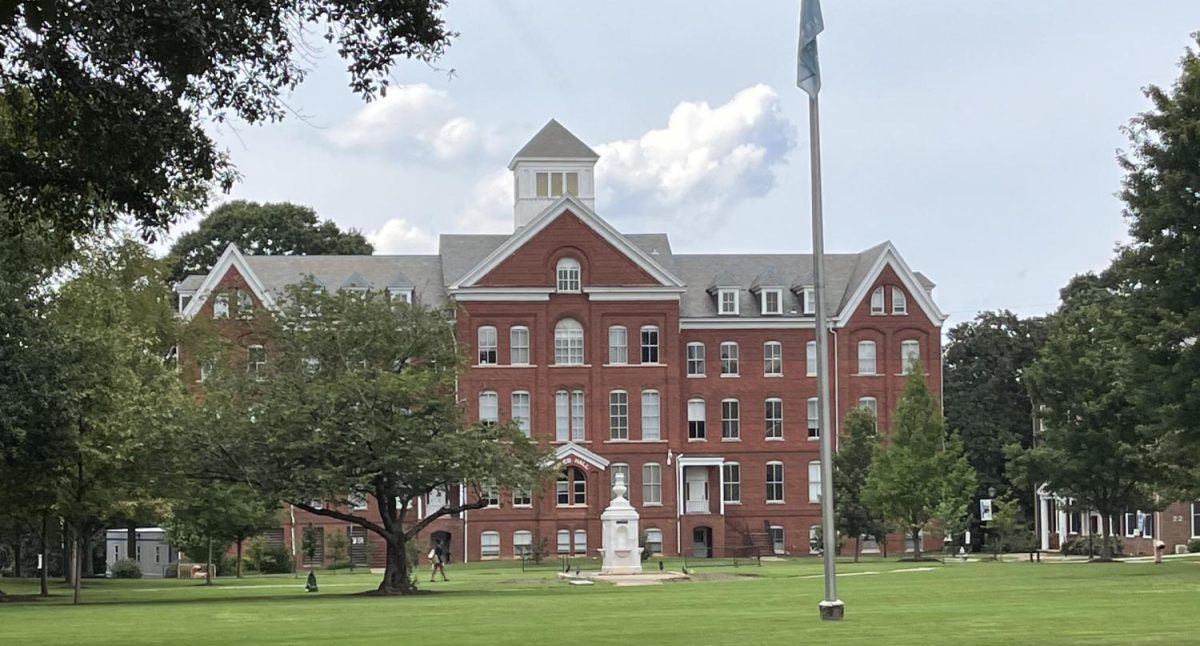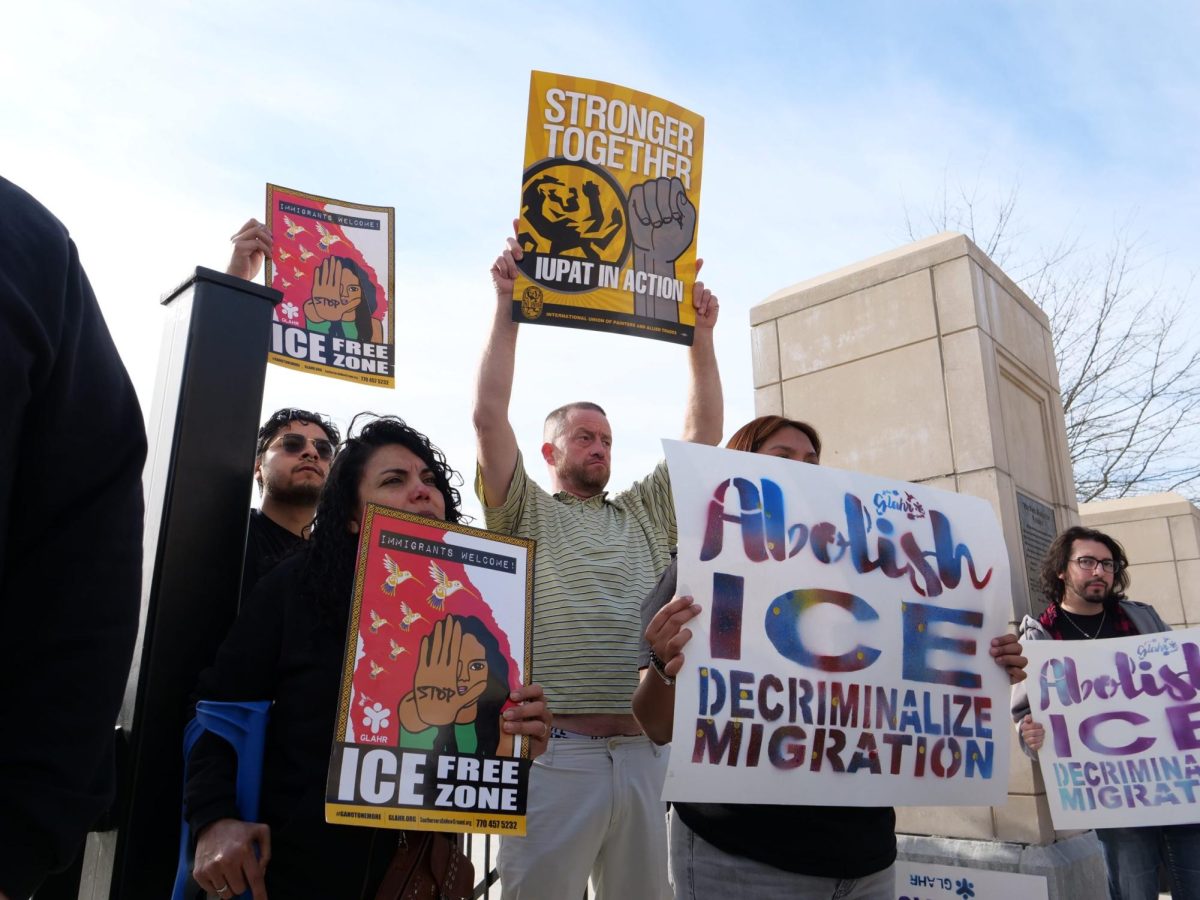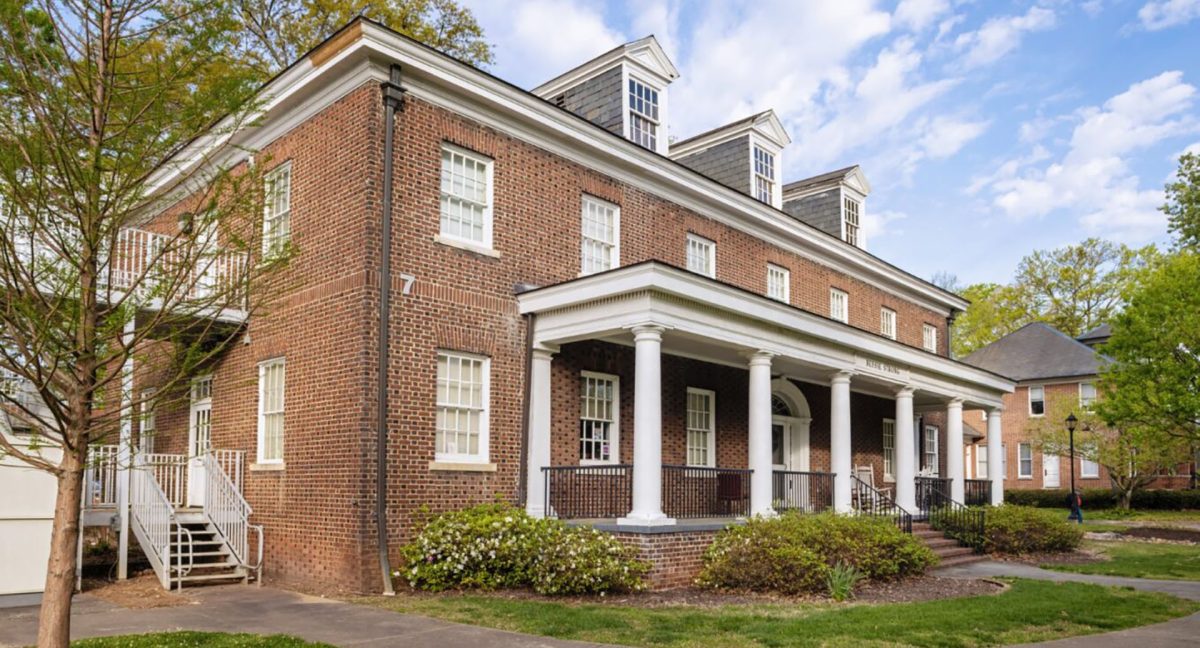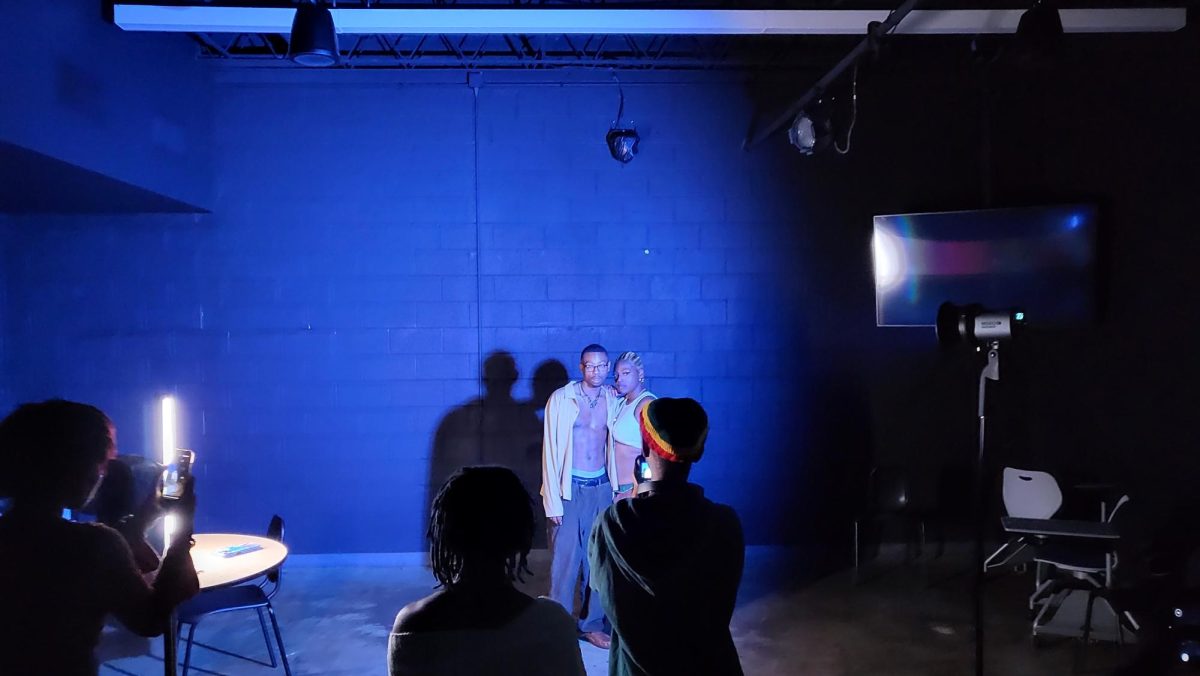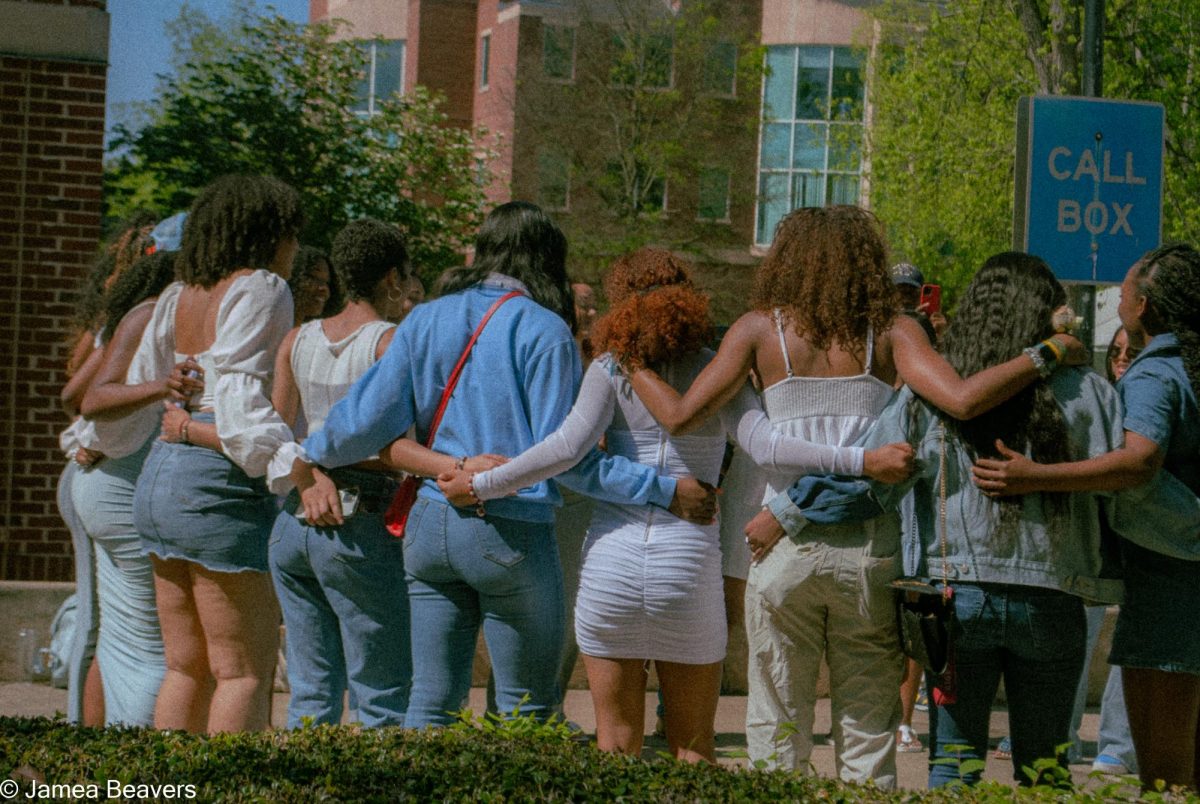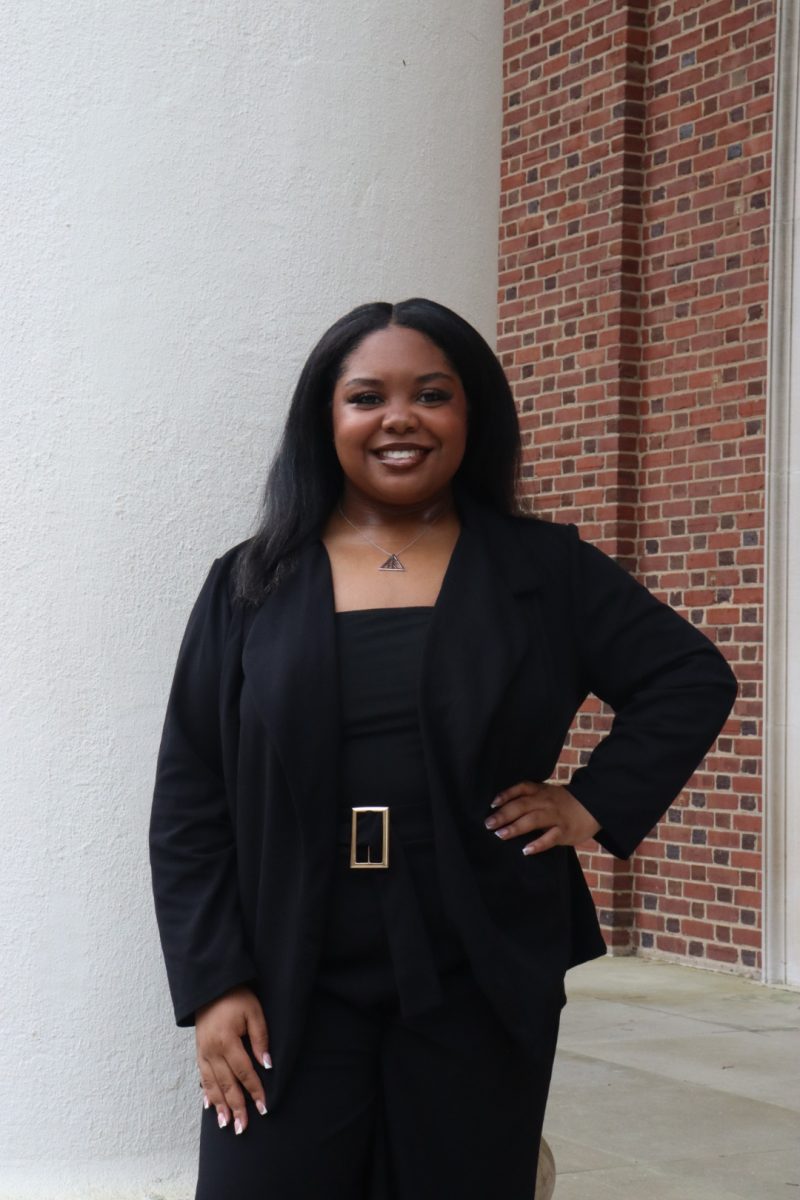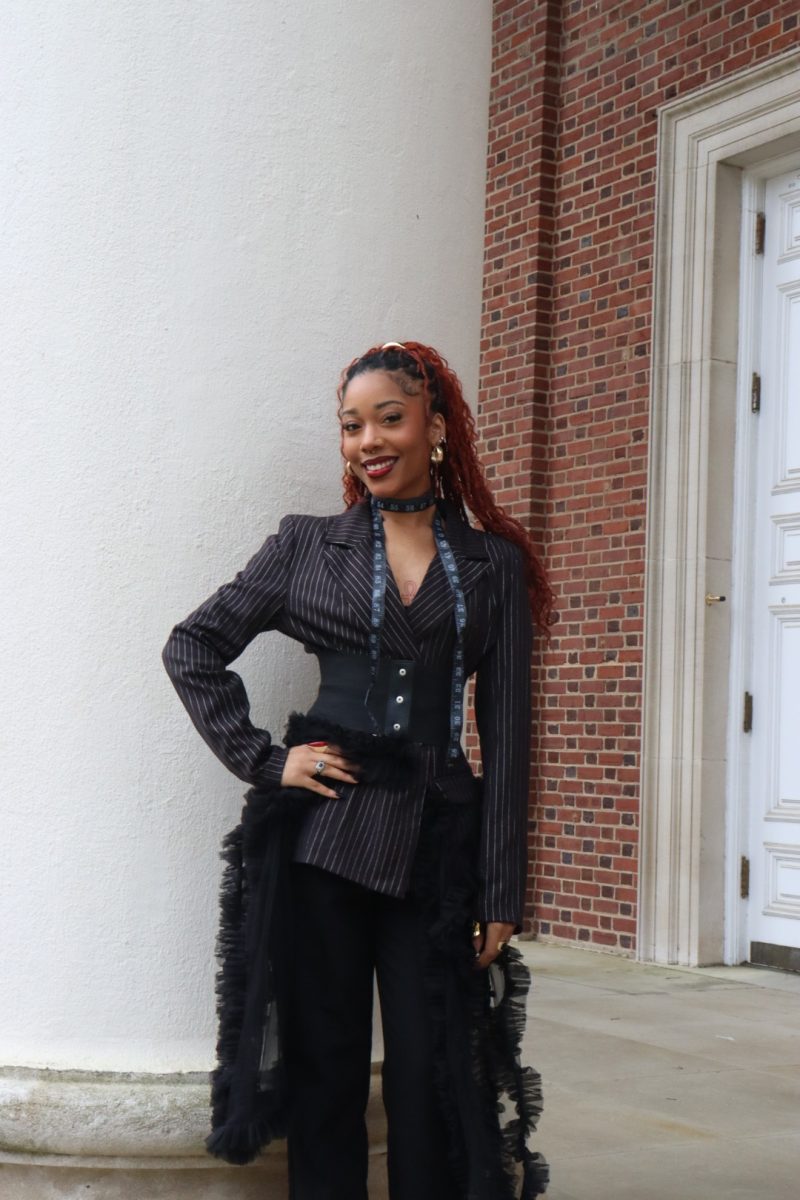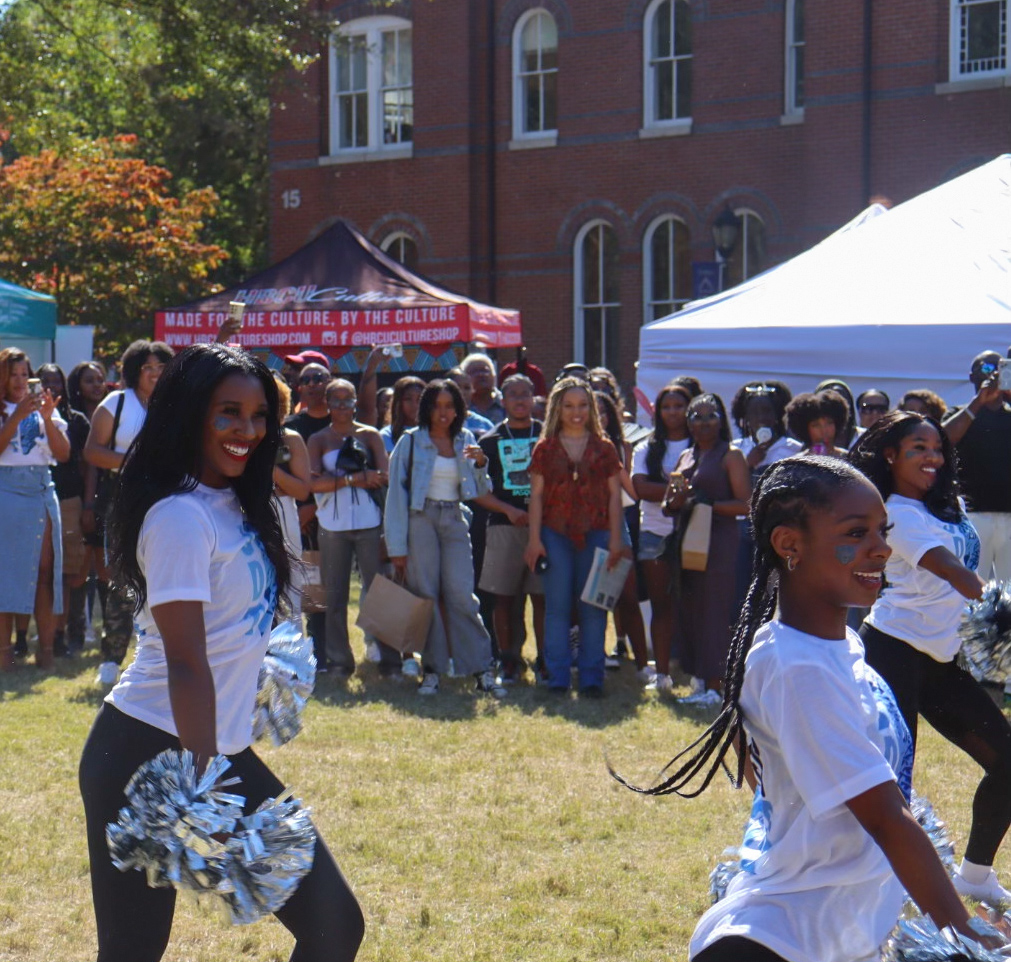This year, the trees’ leaves on Spelman College’s campus didn’t begin their vibrant transformation into oranges, yellows, and reds until early November. By the time of SpelHouse homecoming week, it felt as if we were experiencing an endless summer. Reading about warming temperatures in the news and taking environmental science courses often makes climate change feel like a distant crisis, but in 2024, climate change has been knocking at Atlanta’s door. “Summer seemed to drag on forever,” said Sky Hunt, president of Spelman’s Environmental Task Force.
Born and raised in Central Texas, warm weather in typically cool seasons was nothing new to me. When I arrived in Atlanta, Georgia, for my freshman year at Spelman, I assumed it would be the same—stagnantly warm seasons year-round. That perception changed when October arrived, and I saw the vibrant color transformations that trees can achieve. Experiencing my first true Fall, I quickly realized I wasn’t in Texas anymore. The weeks that followed were filled with attempts to layer up and fend off the cold, as I didn’t yet own a winter coat—a necessity I had never needed before. Over the years, my wardrobe has evolved, now brimming with sweaters and coats. I’ve learned what’s needed to stay warm during Atlanta’s beautiful fall.
Hunt shared her thoughts about this year’s unusual temperatures. “I’ve always said that fall in Atlanta starts on Sep. 23, no matter what the meteorologists say. That’s the day every year when I happen to come across a ginger breeze that reminds me to say, ‘Oh, hello again, Fall. Long time no see.’ But this year, and the ones leading up to it, I’ve had to bite my tongue until Sept. 28 or Sept. 30.”
Wearing sandals in November has been unsettling, a stark reminder of how unusual this weather is. Hunt noted, “Every conversation that I had between August and late October always included an intermission just to note how hot it was and how it wasn’t going away, persistent.” These observations are significant in the context of the United States’ role as a leader in producing high levels of carbon dioxide and methane—gases responsible for warming climates and depleting the Earth’s ozone layer.
Living in one of Atlanta’s heat islands amplifies these effects. The West End and other urban areas are saturated with concrete, which traps the sun’s heat in streets, sidewalks, and buildings. These urban planning choices exacerbate the effects of climate change, directly impacting local communities. Additionally, financially motivated policies by elected officials perpetuate practices harmful to the environment, such as inadequate trash systems that mix compostable waste with plastics and metals. This combination traps rapidly decomposing organic material under regular trash, creating methane gas.
Another major contributor to climate change is the frequent United States violation of federal treaties with Native American Nations. These agreements are often breached by politicians and private businesses for their economic gain, allowing access to resources like oil, further degrading the environment. Instead of placing burden on individual consumers, it’s critical to hold private companies and the politicians they fund accountable for the large-scale pollution they generate. The accumulation of financially motivated policies degrades community health and exacerbates global warming—something that has become uncomfortably evident this fall at Spelman College.
Hunt concluded, “Fall this year has been a subtle and uncomfortable reminder that every year has been hotter than the last,” adding that she’s deeply concerned “our governments and institutions are moving in the wrong direction in terms of combating it.”
